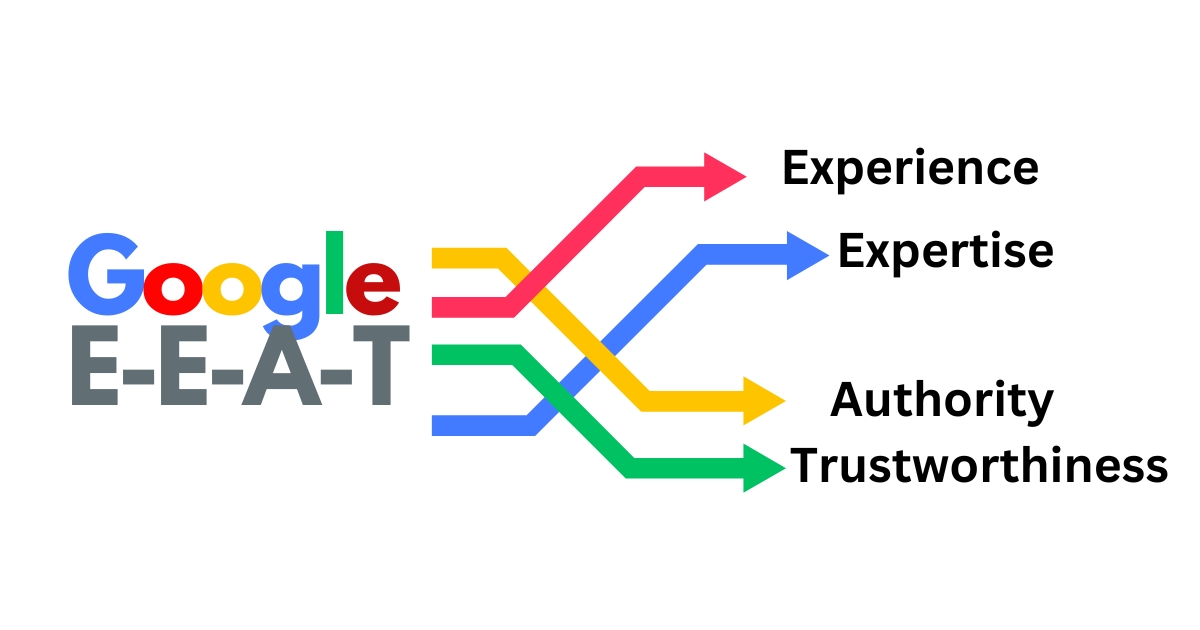SEO is no longer relevant. Do you agree with this? If so, you aren't right. Like the ocean, the space of search engine optimization (SEO) is ever-changing and continually expanding; it becomes complex to stay on top of it. As the business world advances to the year 2025, businesses need to know the modern SEO approaches and their changes. A good search engine marketing strategy is about more than just enhancing the language. There are things like white hat SEO strategies that true professionals use to gain revenue for the long term rather than the short-term. Alternatively, this danger of black hat SEO's consequences brings out the need for sustainability.
The blog will focus on the latest trends and well-established practices that will enhance your SEO and marketing campaigns. Whether using behavioral targeting or predictive targeting through advanced analytics, it will be shown how businesses can utilize the new technologies to improve the inflow of traffic and the conversion of this traffic to sales. By implementing global and well-coordinated SEO marketing strategies, you can stay ahead in the highly competitive online market.
SEO Strategies & Trends (2025): A Guide

Crucial SEO Strategies Trends for 2025
The Emergence of Artificial Intelligence in SEO:
Even though AI and machine learning are already present in the SEO field, they should play a more critical role in 2025. Search engines, especially Google, will increasingly use AI to analyze users' intent, tailor results to meet searchers' needs, and rank websites. It's just the beginning with BERT and MUM algorithms. SEO strategies must keep up with the rapid advancements.
in NLP, data analytics, and consciousness of how AI understands content to stay ahead in competition. Again, it should focus on the production of user-focused content contextually relevant; this should be at the core of every piece crafted and formatted for the search engine requirements through examination and optimization using artificial intelligence.
User Experience Will Become More Crucial:
On my phone, I can't even begin to conceive of having to wait for a website to load. It irritates me, so I quickly return and hunt for another website. Even if a page takes a moment to load, users won't wait for it. That is why I always point out, even about SEO success, that speed and user experience are crucial. User experience will be the headline point of SEO in 2025.
The actual ranking of a website in search engines depends on its ability to load fast, be responsive, and be easy to use. Monitoring your website's core web vitals and editing accordingly will help you climb the ranks and achieve a clean, intuitive design to make it easy to access your content.
The Constant Significance of Indexing Mobile First:
Mobile-first indexing may not be a new thing, but it is going to be extremely important in the next five years—at least by 2025, that is. The search engine will give a lot more importance to mobile-friendly websites because, statistically speaking, mobile devices bring in the entire web traffic in the majority of countries worldwide. The usability of a website on a mobile will impact how the search engine rates it.
Local SEO and Hyperlocalization:
Hyper-localization will improve local SEO accuracy by 2025. With the increasing understanding of location-based searches from the search engines, companies will need to be centered on optimizing the local SEO strategy. Service-based businesses are especially crucial in such consideration.
Combining digital marketing and SEO strategies:
By 2025, SEO will become an even more prominent component in the digital marketing strategies as a whole. The establishing of new boundaries based on defined differentiation between SEO, content marketing, social media, and other forms of digital platforms will evolve a more encompassing strategy for online presence.
Interact with your audience:
Email marketing, social media, and other channels can help you engage with your audience. Talk to people, give constructive criticism, and cultivate a devoted following.
Voice Search Optimization:
With the widespread adoption of voice assistants and smart speakers, it is expected to reach a point whereby, by 2025, voice searches will dominate all other types of search. This new trend, therefore, implies that current SEO strategies would have to change to pay attention to specific nuances between spoken and written types of queries. You can, therefore, optimize your content for voice search by being keyword-focused on natural language and long-tail keywords and by providing direct answers. In fact, it will be so engaging that it will leave your readers with thought-provoking questions.
The Rise of Visual and Video Search:

Visual search technology is always evolving, and its impact on SEO is going to be quite big by 2025. The developments on offer—and take Google Lens and Pinterest Lens as an example—allow users to browse the web with image-based searches instead of text-based ones. Regarding the relevance of video content, the bar keeps rising in an important way to the same old SEO scenario, with YouTube playing the most important role.
Helpful Hint: Make sure that all your videos and images are responsive, that all images have alt text, and that file names are descriptive. Video content will only continue to grow in search results, so it may be wise to also expand your video content efforts.
Managing Privacy and User Data:
Search engines are probably going to focus more on data protection as privacy concerns grow. By 2025, privacy and personalization concerns will make it harder for SEO strategies to find a delicate balance between both. Marketers will flip the way they apply SEO as tactics about first-party data grow in dominance and third-party cookies lose their effectiveness. Move the focus to audience trust acquisition with transparency into data use. Leverage first-party data as you watch for developments in privacy laws.
E-E-A-T Emphasize:

Experience
Experience is priceless. The content that originates from people who have firsthand experience about the topic is unique and authentic for your readers.
For instance, if you are writing about strategies in digital marketing, employing case studies or interviews with industry experts who successfully implemented those strategies provides real-world context and credibility.
Expertise
Expertise goes hand in hand with experience. With such expertise, it helps your content ensure that it is prepared by recognized experts about the subject matter, thus making your site a site of resources.
This means tapping the knowledge from certified professionals or even academics for creation, critique, or editing.
Authority
Reputation takes time to establish, but it is the most significant factor in gaining success in SEO. The published content needs to be consistent and have backlinks from authoritative sites in your niche. This method will boost your repute and raise your ranks in a search engine.
Trustworthiness
Trustworthiness is basically the consciousness of transparency and accuracy. Make proper citations to your sources, and do not give false information at any cost; be ethical in your writing and perform honest practices. The user builds their trust in you by being genuine, honest, and dependable.
Semantic SEO Tactics:
Following are some of the key tactics to be adopted for semantic SEO:
1. Entity-based optimization
Find the people, places, and things related to the subject you have chosen. Write about multiple interrelated entities and subtopics in detail.
2. Topic clusters
An interconnected content network that presents a topic from different angles completely establishes topical authority and provides some value for internal linking.
3. Semantic HTML
Semantic HTML should be used to define the structure and semantics of different parts of your web pages precisely so that search engines can better understand your content.
4. Contextual Relevance
Ensure your content uses contextually relevant keywords and synonyms innately, meaning it satisfies all the potential user intents and queries around the topic.
5. Answer user questions
Optimize for MORE THAN ONE KEYWORD, but optimize to answer all the top questions that users have about a topic in a hierarchical, organized way.
This will implement a semantic SEO best practice that would result in better satisfaction of user intent, topical authority, and achieving higher rankings in search results. Meaning and context are of prime importance here, not just keywords.
Conclusion
SEO has a bright future ahead of it, but it also presents challenges. Our strategies need to advance along with the complexity of search engines. AI, voice and visual search, mobile optimization, and user experience are areas that can help you succeed in the changing market. Remember, SEO is about predicting trends and keeping yourself at the forefront, not just trailing along behind them. By 2025, agility in idea generation and the relentless focus on execution will be what differentiates the winners from losers. Practice these SEO strategies; you will perform well in SERPs if you focus on the quickly changing landscape of 2025.
From SEO and content creation to all-inclusive digital marketing strategies, Optimixia provides specialized solutions to your needs. Come work with us to help you grow your company.